Selling your property BARRY HEALY & COMPANY SOLICITORS MONAGHAN
CONVEYANING
Selling up: You need not only your title deeds but also a good solicitor.
Your title deeds are like your logbook; they are proof you own your house and there are no hurdles to selling it on again. However, there can be many documents, maps and other paperwork that make up your full title deeds and losing them can cause a lot of grief as well as additional costs.
You can also have problems that arise within the title deeds where wrong or incomplete documentation is discovered and this usually causes delays and further expense to rectify. In many cases, it takes skill and experience to read through a long and convoluted title history and, where necessary, to draft any rectifying documents that may be required. Mistakes made even years ago can potentially render a house unsaleable.
For centuries there have been two different systems in Ireland which record your title deeds as proof of your ownership and these are:
(a) The Registry of Deeds. Since the 1700s, the Registry of Deeds records the existence – and therefore the effect- of various documents such as leases, conveyances and mortgages that typically transfer or affect property.
(b) The Land Registry. This is a more modern registry which simply confirms you are the owner and also provides a map of your property. It is a type of gold standard registration as you acquire one certificate of ownership rather than scores of old deeds and related documents which have to be traced back and read again.
(c) The Land Registry will gradually take over all registrations from the Registry of Deeds with increased computerization and will furnish a purchaser with a certificate of ownership, state guaranteed, not unlike the purchaser’s own log book for his car !
Role of your solicitor:
Any solicitor who works most of the time on property matters is called a Conveyancer and his/ her work could involve apartments, farmland, the family home or a shopping center. They will be buying or selling property while a bank solicitor will be reviewing all documents and preparing mortgages to protect and secure the bank’s interest.
A selling solicitor will draft up all the contract documents to include various conditions as to planning matters or rights of way etc. essentially to protect the interests of the seller.
A purchasing solicitor will have to review all these documents, raise queries on the title or related matters and draft the deeds by which the title will be fully transferred to the new purchaser again to fully protect his own client’s interests.
The transfer or conveyancing of property is a field where, unfortunately, many disputes can arise even some years after it has been completed. The newspapers are often full of court reports about disputes over boundaries, maps, extensions, family inheritances, rights of way and a lot of other matters so retaining a competent and experienced solicitor is always in your best interests.

